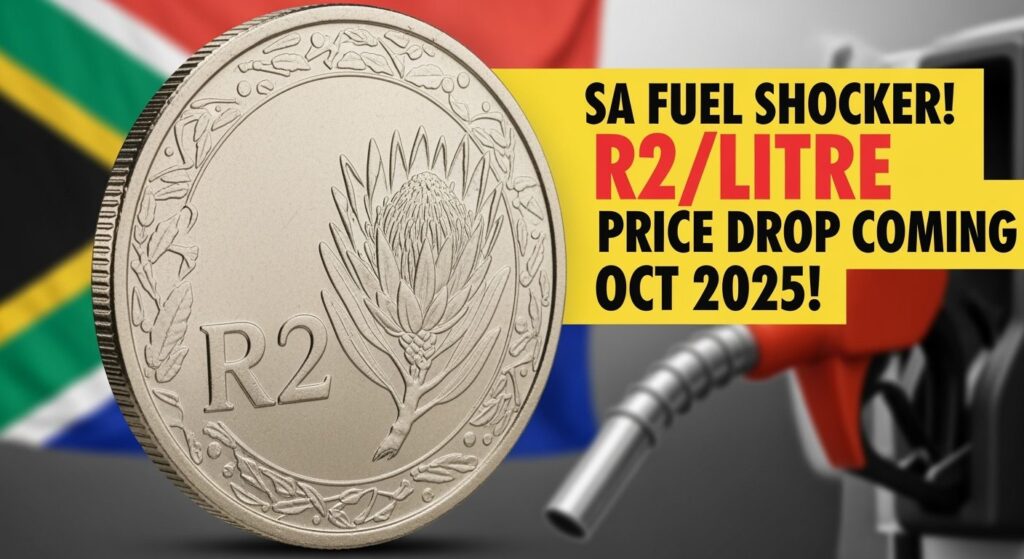South Africa petrol price decrease: I’ve got some exciting news for South African motorists! According to the Automobile Association (AA), we could be looking at a significant fuel price drop in October 2025, with petrol potentially decreasing by as much as R2 per litre. This would bring welcome relief to drivers across the country who have been dealing with high fuel costs for years.

What the AA Predicts for Fuel Prices
The AA’s recent announcement suggests that South African consumers might soon enjoy one of the most substantial fuel price drops in recent years. Their analysis points to a potential decrease of approximately R2 per litre for petrol and a slightly smaller but still significant reduction for diesel. This forecast is based on several international and local economic factors that influence our fuel pricing. Have you considered how this might affect your monthly budget? The South Africa petrol price decrease could mean hundreds of rands saved for the average motorist, especially those who commute long distances daily.
Why Fuel Prices Are Expected to Drop
- Global oil prices have shown a steady decline over recent months, with major producers increasing output.
- The rand has strengthened against the US dollar, improving South Africa’s purchasing power for imported oil.
- Strategic petroleum reserves being released by several countries have helped stabilize the international market.
These factors combined create favorable conditions for the substantial price reduction predicted by the AA. The international oil market’s volatility has finally swung in consumers’ favor, and economic indicators suggest this trend might continue beyond the October adjustment. This represents a reversal of the upward price pressure we’ve experienced in recent years.
How This Will Impact South African Consumers
If the AA’s predictions materialize, South Africans will experience immediate relief at the pumps. The ripple effect could extend to transportation costs, potentially lowering prices for goods that rely heavily on road transport. I expect this could also help ease inflationary pressures that have been building in our economy. For the average family, this fuel price drop might free up funds for other essential expenses or even allow for some additional savings during challenging economic times.
Example
A typical commuter driving 60km daily could save approximately R600-R800 per month with this price decrease. For taxi operators and delivery services, the savings could be even more substantial, potentially allowing them to maintain current fares despite other rising costs.




